Minor in Women's Studies
What is the Women's Studies Program at the University of West Georgia?
Established in 1993 and located in the Department of Sociology, Pafford building, second floor, room 219. The Women's Studies Program offers an undergraduate minor area of concentration and a comprehensive catalog of individual course selections. Courses are offered from a variety of disciplines in order to provide students with the benefits of an interdisciplinary approach.
Women's Studies at UWG is an interdisciplinary program designed to introduce students to feminist scholarship which emphasizes the cross-cultural understanding of the social, political and cultural experiences of women. Women's Studies seeks to critically analyze the intersection/interaction of gender, race, class and power across time and space. Our program draws faculty from a variety of different disciplines within and outside of the Social Sciences in order to provide students with valuable training in interdisciplinary practice.
Director of Women’s Studies, Jennifer Beggs Weber, jbweber@westga.edu
For more information, please see the Academic Catalog.
How a WS Minor can benefit you?
You may be asking yourself, how can a Women's Studies Minor help me personally and/or professionally? The answer is, in many ways! WS courses review the experiences of women in the past, present and future. They can help you examine the social and psychological issues faced in today's world, while also shedding light on issues that may have been neglected in past scholarship due to gender bias and inequality. Additionally, a WS Minor will provide you with a multicultural and interdisciplinary perspective, which will advance your understanding of people from diverse backgrounds and assist you in being able to work with a wide variety of individuals in your future academic/career endeavors. Finally, and maybe most importantly, a WS Minor will illustrate to you ways of empowering others and also offer alternatives to the status quo in hopes of improving human experience for all.
Program Location
Carrollton Campus
Method of Delivery
Face to Face
Accreditation
The University of West Georgia is accredited by The Southern Association of Colleges and Schools Commission on Colleges (SACSCOC).
Credit and transfer
Total semester hours required: 15
This program may be earned entirely face-to-face. However, depending on the courses chosen, a student may choose to take some partially or fully online courses.
Save money
UWG is often ranked as one of the most affordable accredited universities of its kind, regardless of the method of delivery chosen.
Details
- Total tuition costs and fees may vary, depending on the instructional method of the courses in which the student chooses to enroll.
- The more courses a student takes in a single term, the more they will typically save in fees and total cost.
- Face-to-face or partially online courses are charged at the general tuition rate and all mandatory campus fees, based on the student's residency (non-residents are charged at a higher rate).
- Fully or entirely online course tuition rates and fees my vary depending on the program. Students enrolled in exclusively online courses do not pay non-Resident rates.
- Together this means that GA residents pay about the same if they take all face-to-face or partially online courses as they do if they take only fully online courses exclusively; while non-residents save money by taking fully online courses.
- One word of caution: If a student takes a combination of face-to-face and online courses in a single term, he/she will pay both all mandatory campus fees and the higher eTuition rate.
- For cost information, as well as payment deadlines, see the Student Accounts and Billing Services website
There are a variety of financial assistance options for students, including scholarships and work study programs. Visit the Office of Financial Aid's website for more information.
Coursework
Requirements for Minor
• 15 credit hours from the list of approved courses for Women’s Studies.
• A minimum of 9 credit hours must be 3000-4000 level
• Courses must be from 3 different areas of study (e.g. History, Sociology, Psychology, Anthropology, Criminology…etc.)
• Courses taken to satisfy Major requirements may not be counted toward a Minor.
• Students must maintain a minimum GPA of 2.0 in courses used to satisfy the Minor.
General
Sample of Courses Course availability changes by semester. Please check the current class bulletin for current course offerings.
This course examines various theories of gender development and the positions of women and men cross-culturally.
This course provides students the opportunity to engage in faculty-directed research by working on an independent project or by working as an assistant to a faculty member. May be taken twice for credit toward the degree.
This course will introduce students to the participation of women in the criminal justice system. Offenses committed by females, laws peculiar to females, and the treatment of females by the system will be explored. Women as professionals and their impact on the system will also be discussed.
This course will examine family violence from both a personal and social perspective. Research and theory in family violence will be discussed, along with types of relationships, incidence, prevalence, inter-personal dynamics, contributing factors, consequences, social response and services. Prevention strategies will be explored.
Title and description of the type of independent study to be offered will be specified on the variable credit form students must complete before registering for the class. May be repeated three times for credit.
An exploration of significant literary texts by female authors, with particular attention to the emergence of what might be called a female aesthetic and issues of gender identity.
An investigation of aesthetic and cultural issues pertinent to the production of literature by women. Typical offerings will rotate among topics related to literature by women in the United States, the British Isles, or other parts of the world. May be repeated for credit as topic varies.
This course aims to introduce students to the roles of women of all social classes in different periods of Ancient Greece and Rome, as well as the problems of studying women's history in the Greco-Roman world. The course will combine a chronological approach with the thematic one, as each week will focus on women's roles and participation in a specific period and/or sphere of activity, such as religion, politics, the dramatic stage, the family and household, and law.
An examination of the diverse experiences of women and their impact on American History up to 1877.
An examination of the diverse experiences of women and their impact on the history of the United States since 1877.
Courses on topics not usually offered by the department.
The aim of this course is to examine critically the central arguments of various feminist theories; to explore what it means to have a feminist approach to philosophical problems of epistemology, identity, morality, freedom, and human nature; to identify the presuppositions of theories; and to recognize the problematic principles of essentialism and exclusion from a more informed standpoint.
This course is an introductory course that examines the role of gender in the field of political science. This course will explore gender oriented approaches to the range of subjects in political science (comparative politics, American politics, political theory, and international relations.)
An overview of psychological growth and development across the life-span.
Study of the phenomenon of human sexuality on a societal and personal basis with integrated approaches and philosophies from natural, social, anthropological, religious and psychological perspectives.
A special series of topical seminars meant to explore subjects at the leading edge of contemporary psychology, which are of special interest to students and faculty. May be repeated for credit up to a maximum of 12 hours.
Gender-related perspectives on human psychology. Emphasis on helping men and women to re-examine their self-images in the light of contemporary gender-based movements.
An exploration of the dynamics involved in building an intimate relationship that is fulfilling to all parties. By way of definition the important aspects of a love relation are discussed.
This course will concentrate upon the theories and analyze the research that is of current interest to scholars in the area of women's studies.
This course focuses on gender as a social construction, exploring how gender inequality is reproduced and maintained in everyday life.
A course designed to familiarize students with the history of women and work, the present role of women in the workplace, and current issues affecting working women; and to develop in student skills and strategies for dealing with issues related to women and work. Same as MGNT 4626.
An analysis of gender, focusing primarily upon women in the United States. A range of topics and themes necessary to understand American women's statuses, roles, and experiences will be addressed.
Comparative study of racial and ethnic groups in America. The disciplinary base of this approach is sociological, but observations and interpretations from different perspectives will be examined. Special attention will be given to the nature of prejudice, discrimination, and equality as related to historical, cultural and structural patterns in American society. Topics include: ethnocentrism and racism; interracial violence; theories of prejudice and discrimination; immigration and immigrant experiences; the origins and nature of racial/ethnic stratification; ideologies and programs to assist or resist change. African American experiences are emphasized and contrasted with those of other racial/ethnic groups.
This seminar explores the intersections of gender and violence. We shall analyze dynamics between men/boys and women/girls and situate them within the context of US society and culture. Our aim is to understand their origins, forms and effects and to identify changes that can be made to reduce and prevent their occurrence.
This seminar explores the intersections of gender and work. The work we do and are expected to do are influenced in large part by our sex and gender. This course will examine how gender influences our ideas of work, how it affects the ways in which work is structured, how work is divided, how work is rewarded, and how work and family compete in a contemporary society. Special attention will be paid to occupational segregation (both horizontal and vertical), wage inequality, and articles, discussion, films, and other media to meet the objectives.
Detailed study of topics not currently included in course catalog. Specific titles will be announced for semester offered and will be entered on transcripts. Repeatable under different titles.
This course is an overview of the interdependent and interdevelopmental character of movements in the arts and historical/philosophical ideas. The course may be team-taught with a multivariable format which includes lecture-discussion, open discussion among the instructors, tapes, and presentations.
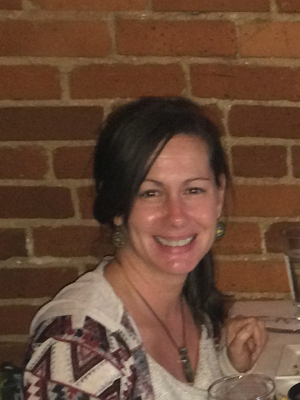
Stephanie Chalifoux, Ph.D.
Associate Professor, History
Pauline Gagnon, Ph.D.
Program Coordinator and Professor of Theatre
Vanessa Woodward Griffin, Ph.D.
Professor of Criminology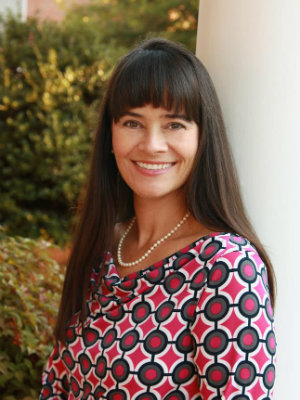
Rebecca Harrison, Ph.D.
Professor of English
Pam Hunt Kirk, Ph.D.
Professor of Sociology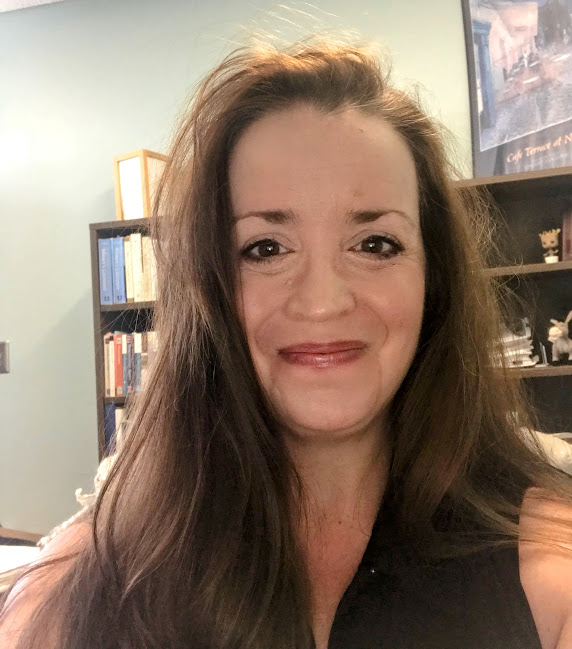
Bonnie Jett, M.A.
Director, Academic Transitions Program; Coordinator, First-Year Writing Program; Senior Lecturer
Melanie Jordan, Ph.D
Senior Lecturer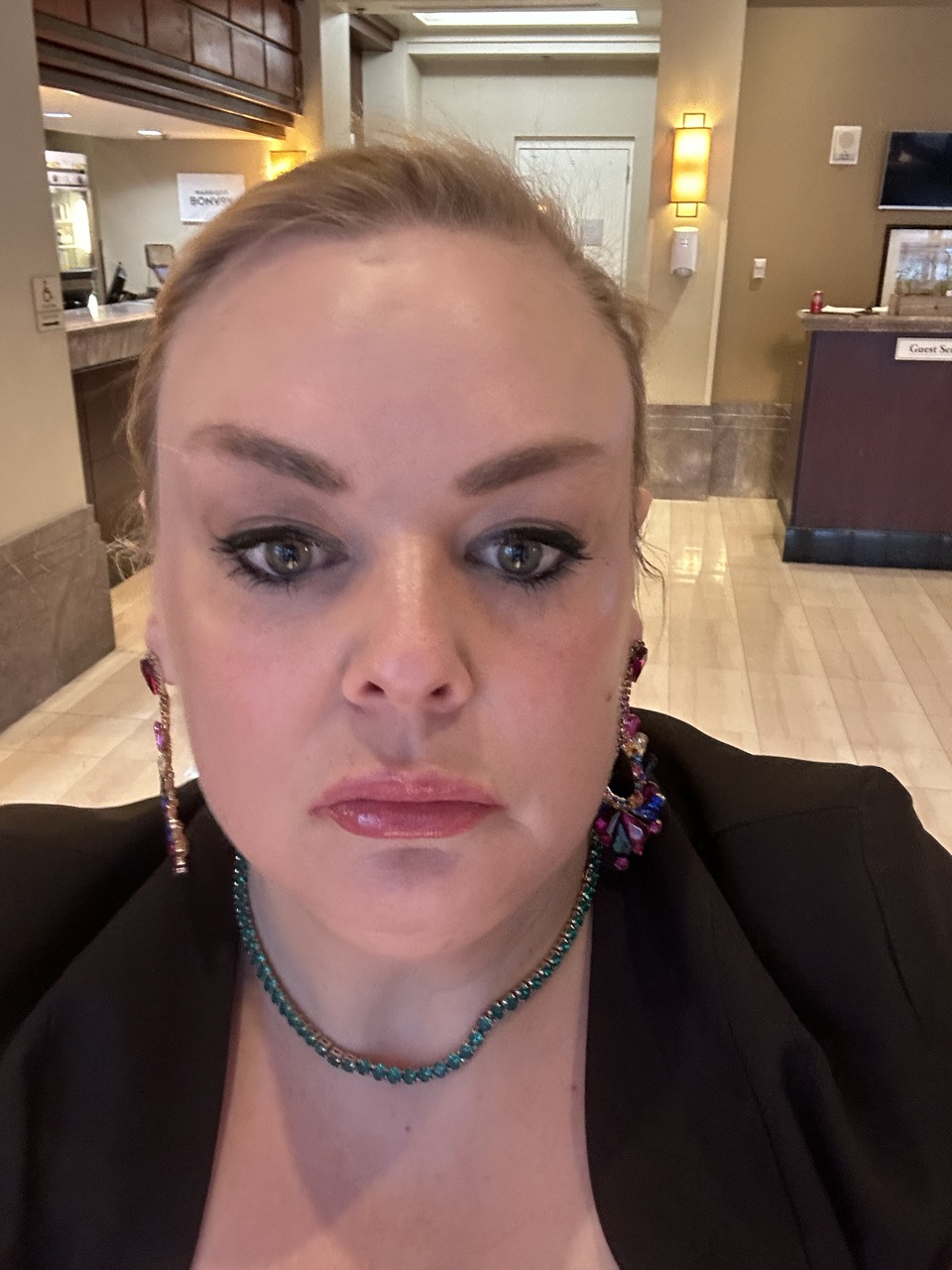
Jade Kierbow Loicano, M.A.
Senior Lecturer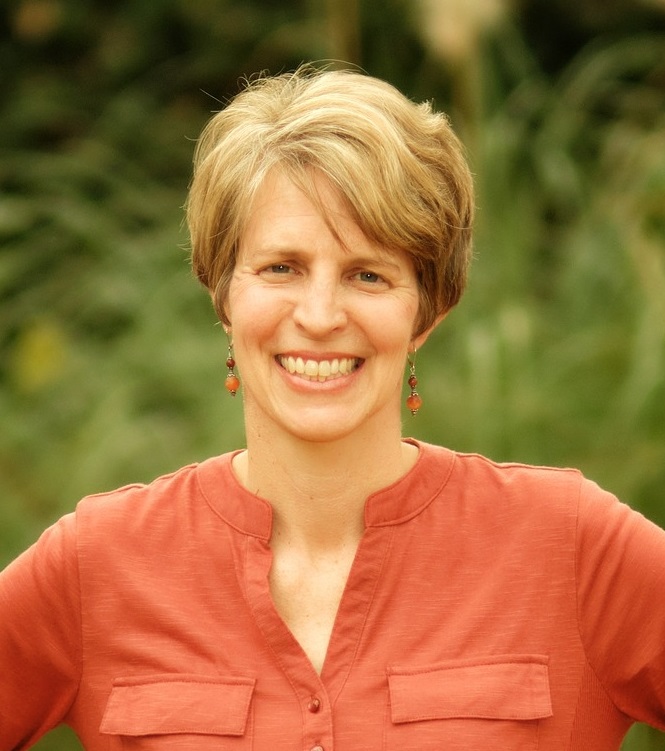
Elizabeth Kramer, Ph.D.
Professor of Music & Program Coordinator of Music Graduate Studies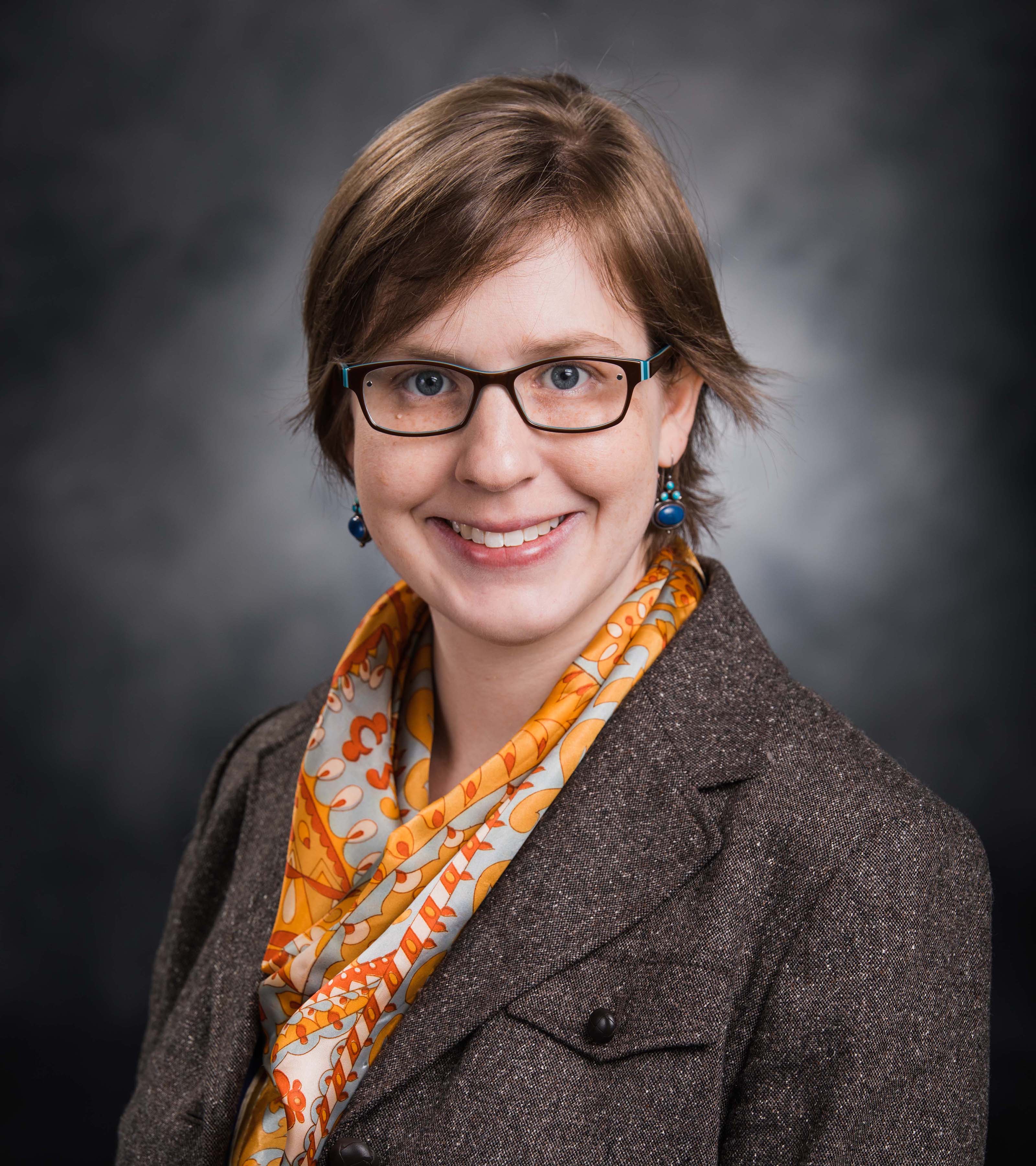
Emily McKendry-Smith, Ph.D.
Professor of Sociology & IRB Faculty Fellow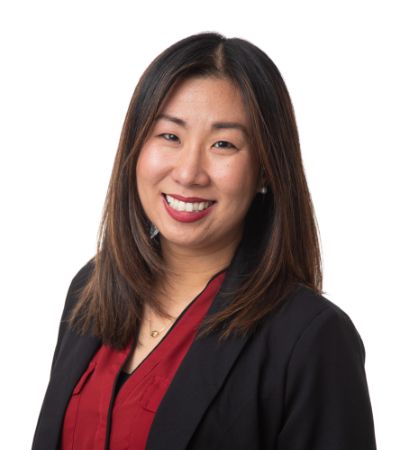
Mai Naito Mills, Ph.D.
Associate Professor & Graduate Coordinator of Criminology
Tiffany A. Parsons, Ph.D.
Director of Prison Education
Crystal Shelnutt, M.A., M.B.A., Ed.D.
Senior Lecturer
Christine Simmonds-Moore, Ph.D.
Professor of Psychology
Kathleen Skott-Myhre, Psy.D.
Chair of the Department of Anthropology, Psychology, and Sociology & Professor of Psychology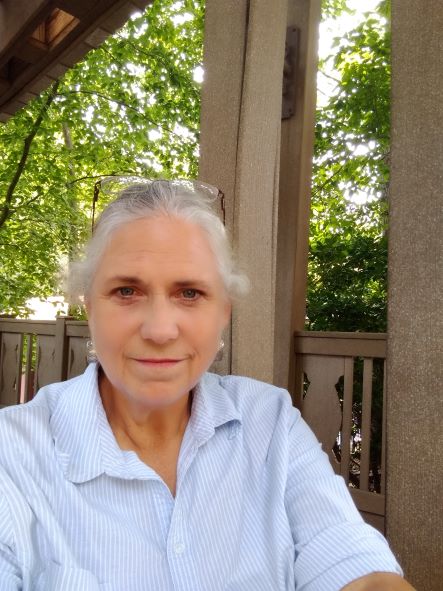
Marjorie Snipes, Ph.D.
Professor and Program Coordinator of Anthropology
Colleen Vasconcellos, Ph.D.
Professor of History and History Program Coordinator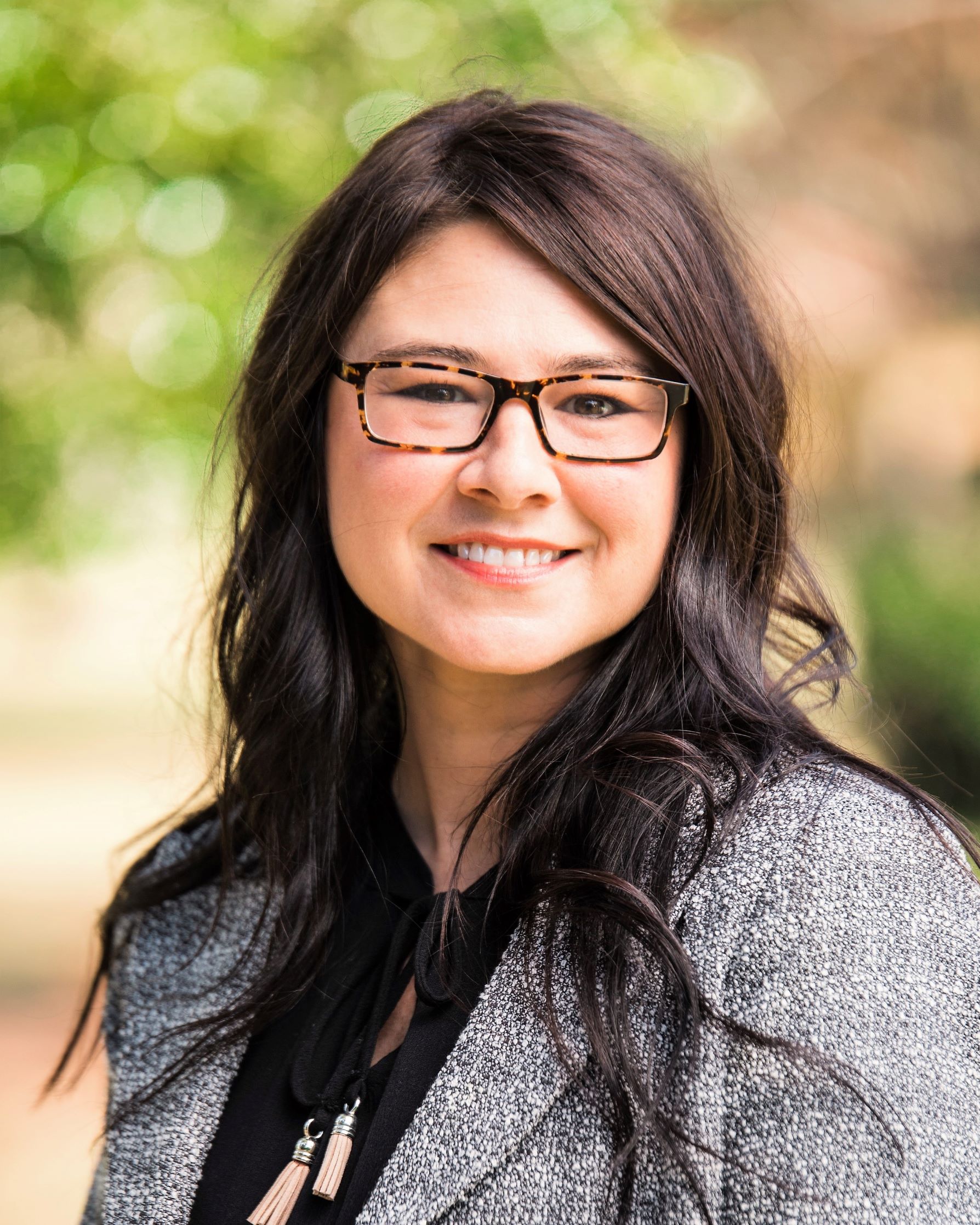
Jennifer Beggs Weber, Ph.D.
Associate Professor & Program Coordinator of Sociology, Director of Women's StudiesGuidelines for Admittance
Each UWG online degree program has specific requirements that you must meet in order to enroll.
- Complete online application. A one-time application fee of $40 is required.
- Official transcripts from all schools attended. Official transcripts are sent from a regionally or nationally accredited institution.
- Verify specific requirements associated with specific populations identified here: Freshman Transfer Non-traditional International Home School Joint Enrollment / Dual Enrollment Transient Auditor Post-Baccalaureate Non-Degree Seeking
Admission Process Checklist
- Review Admission Requirements for the different programs and guides for specific populations (non-traditional, transfer, transient, home school, joint enrollment students, etc).
- Review important deadlines:
- Fall semester: June 1 (undergrads)
- Spring semester: November 15 (undergrads)
- Summer semester: May 15 (undergrads)
See program specific calendars here
- Complete online application
Undergraduate Admissions Guide
Undergraduate Application
Undergraduate International Application - Submit $40 non-refundable application fee
- Submit official documents
Request all official transcripts and test scores be sent directly to UWG from all colleges or universities attended. If a transcript is mailed to you, it cannot be treated as official if it has been opened. Save time by requesting transcripts be sent electronically.
Undergraduate & Graduate Applicants should send all official transcripts to:
Office of Undergraduate Admissions, Murphy Building
University of West Georgia
1601 Maple Street
Carrollton, GA 30118-4160 - Submit a Certificate of Immunization, if required. If you will not ever be traveling to a UWG campus or site, you may apply for an Immunization Exemption. Contact the Immunization Clerk with your request.
- Check the status of your application
Contact
- demonstrate knowledge of women's historical and contemporary status both nationally and globally
- demonstrate an understanding of issues and concepts associated with Women's Studies
- achieve a broad base of knowledge across academic disciplines in relation to Women's Studies
